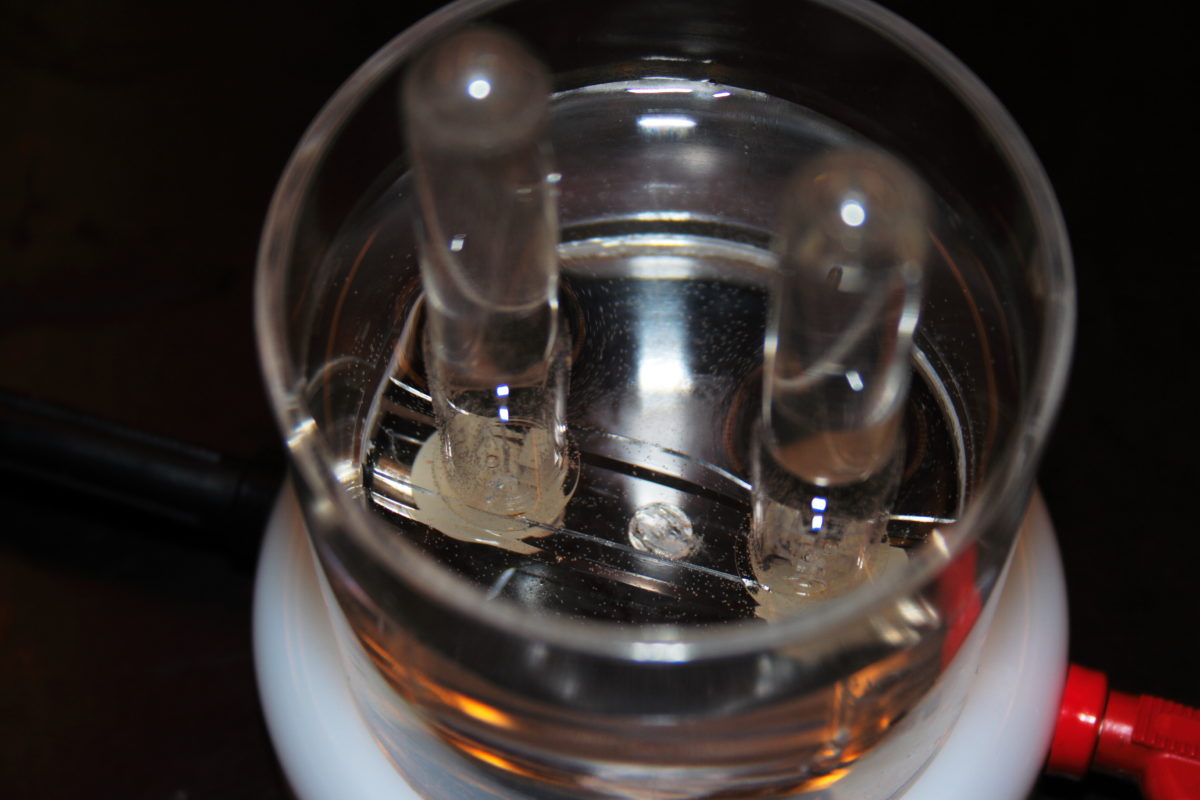The Creavis strategic business unit of Germany’s second largest chemical company, Evonik Industries, has created an anion exchange membrane (AEM) which could replace ion-conducting membranes in the generation of hydrogen from electrolysis.
“Our membrane could allow commercial realization of highly efficient and economically viable electrolysis technology,” said Oliver Conradi, who is responsible for membrane research at Creavis.
The company said the use of diaphragms or proton exchange membranes in conventional electrolysis requires precious metals but its innovation removes the need for such costly materials. The new membrane is also said to offer high current density, very good efficiency and high flexibility.
The technology is being developed under an EU-funded project entitled Development of the most cost-efficient hydrogen production unit based on anion exchange membrane electrolysis, or CHANNEL, which runs until December 2022.
The initiative aims to develop an AEM electrolyzer which uses low cost materials such as non platinum-group metal electrocatalysts, porous transport layers, current collectors, bi-polar plates, new anion exchange membranes and ionomers. The European Commission says the project is also intended to develop a supporting power plant infrastructure – around the generation unit itself – which will transform the electrolyzer industry. “This will enable the development of an electrolyzer technology at a capital cost (capex) equal [to] or below classical alkaline electrolysis,” states the project website. “However, in contrast to the alkaline technology, the CHANNEL AEM electrolyzer will have an efficiency and current density operation close to the one of [a] proton exchange membrane electrolyzer.”
This content is protected by copyright and may not be reused. If you want to cooperate with us and would like to reuse some of our content, please contact: editors@pv-magazine.com.




2 comments
By submitting this form you agree to pv magazine using your data for the purposes of publishing your comment.
Your personal data will only be disclosed or otherwise transmitted to third parties for the purposes of spam filtering or if this is necessary for technical maintenance of the website. Any other transfer to third parties will not take place unless this is justified on the basis of applicable data protection regulations or if pv magazine is legally obliged to do so.
You may revoke this consent at any time with effect for the future, in which case your personal data will be deleted immediately. Otherwise, your data will be deleted if pv magazine has processed your request or the purpose of data storage is fulfilled.
Further information on data privacy can be found in our Data Protection Policy.